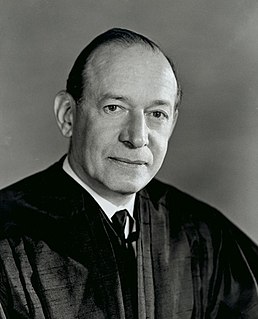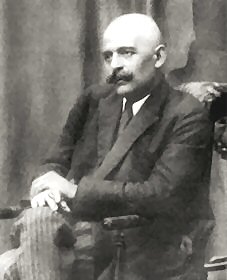A Quote by Mark Twain
The easy confidence with which I know another man's religion is folly teaches me to suspect that my own is also. I would not interfere with any one's religion, either to strengthen it or to weaken it. I am not able to believe one's religion can affect his hereafter one way or the other, no matter what that religion may be. But it may easily be a great comfort to him in this life-hence it is a valuable possession to him.
Related Quotes
I am a Muslim and . . . my religion makes me be against all forms of racism. It keeps me from judging any man by the color of his skin. It teaches me to judge him by his deeds and his conscious behavior. And it teaches me to be for the rights of all human beings, but especially the Afro-American human being, because my religion is a natural religion, and the first law of nature is self-preservation.
I suspect that religion is a necessary evil in the childhood of our particular species. And that's one of the interesting things about contact with other intelligences: we could see what role, if any, religion plays in their development. I think that religion may be some random by-product of mammalian reproduction. If that's true, would non-mammalian aliens have a religion?
I don't deny that religion is very healthful to a lot of people. And as long as they don't try to convert me, I have, you know, nothing - and to interfere with the rights of people to believe other religions or to not believe in any religion at all - as long as they mind their own religion - perfectly all right with me...
I have no objection to any person's religion, be it what it may, so long as that person does not kill or insult any other person, because that other person don't believe it also. But when a man's religion becomes really frantic; when it is a positive torment to him; and, in fine, makes this earth of ours an uncomfortable inn to lodge in; then I think it high time to take that individual aside and argue the point with him.
We are nearly always longing for an easy religion, easy to understand and easy to follow; a religion with no mystery, no insoluble problems,no snags; a religion that would allow us to escape from our miserable human condition; a religion in which contact with God spares us all strife, all uncertainty,all suffering and all doubt; in short, a religion without a cross
I try to practice my religion in a very devout way and follow the teachings of my church in my own personal life, but I don't believe in America, a first amendment nation, where we don't raise any religion over the other, and we allow people to worship they please, that the doctrines of any religion should be mandated for everyone.
The First Amendment...does not say that in every respect there shall be a separation of Church and State....Otherwise the state and religion would be aliens to each other - hostile, suspicious, and even unfriendly....The state may not establish a 'religion of secularism' in the sense of affirmatively opposing or showing hostility to religion, thus preferring those who believe in no religion over those who do believe.
Due to his own original special nature, the Jew cannot possess a religious institution, if for no other reason because he lacks idealism in any form, and hence belief in a hereafter is absolutely foreign to him. And a religion in the Aryan sense cannot be imagined which lacks the conviction of survival after death in some form. Indeed, the Talmud is not a book to prepare a man for the hereafter, but only for a practical and profitable life in this world.
I should like to believe my people's religion, which was just what I could wish, but alas, it is impossible. I have really no religion, for my God, being a spirit shown merely by reason to exist, his properties utterly unknown, is no help to my life. I have nor the parson's comfortable doctrine that every good action has its reward, and every sin is forgiven. My whole religion is this: do every duty, and expect no reward for it, either here or hereafter.





































